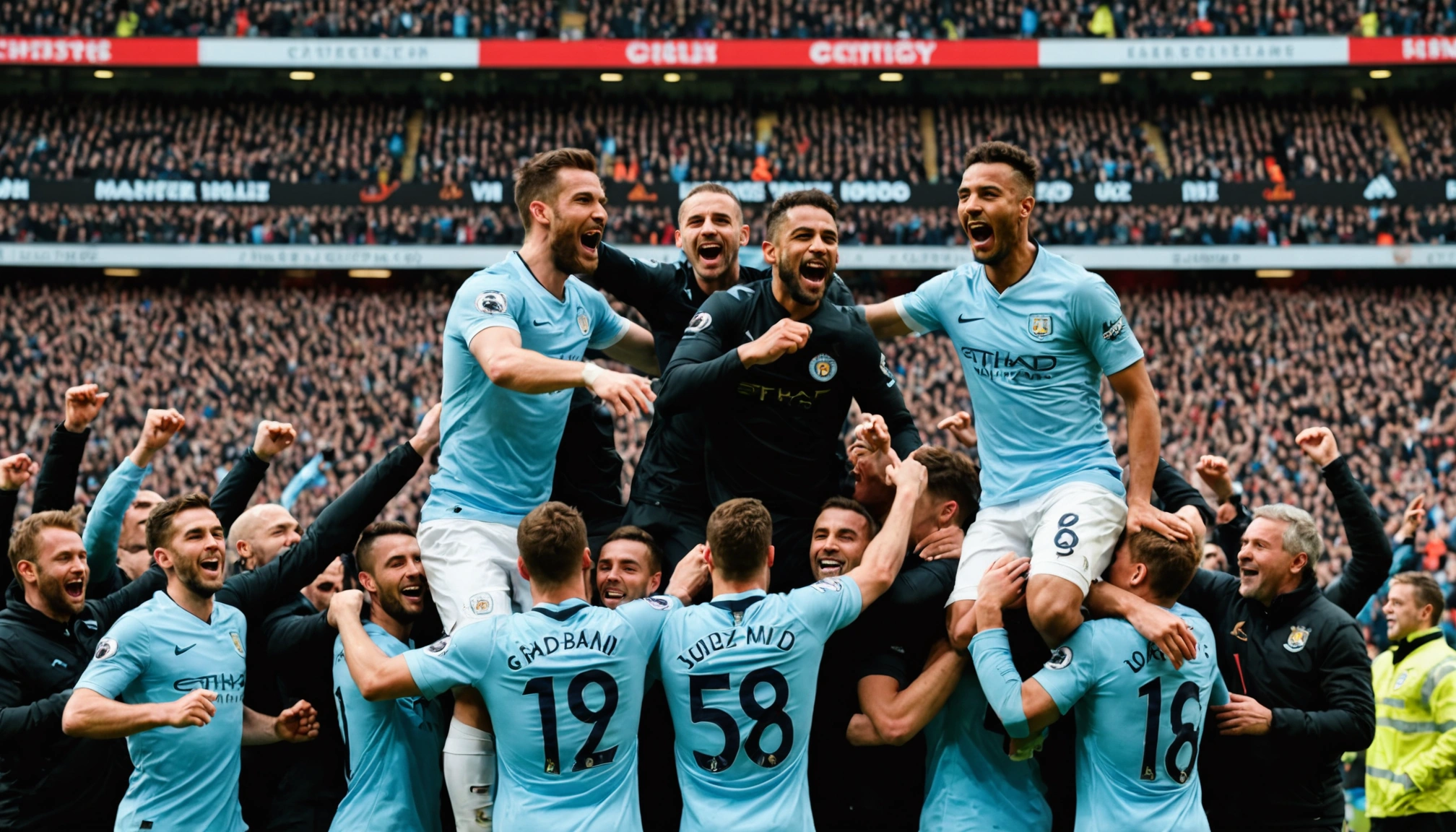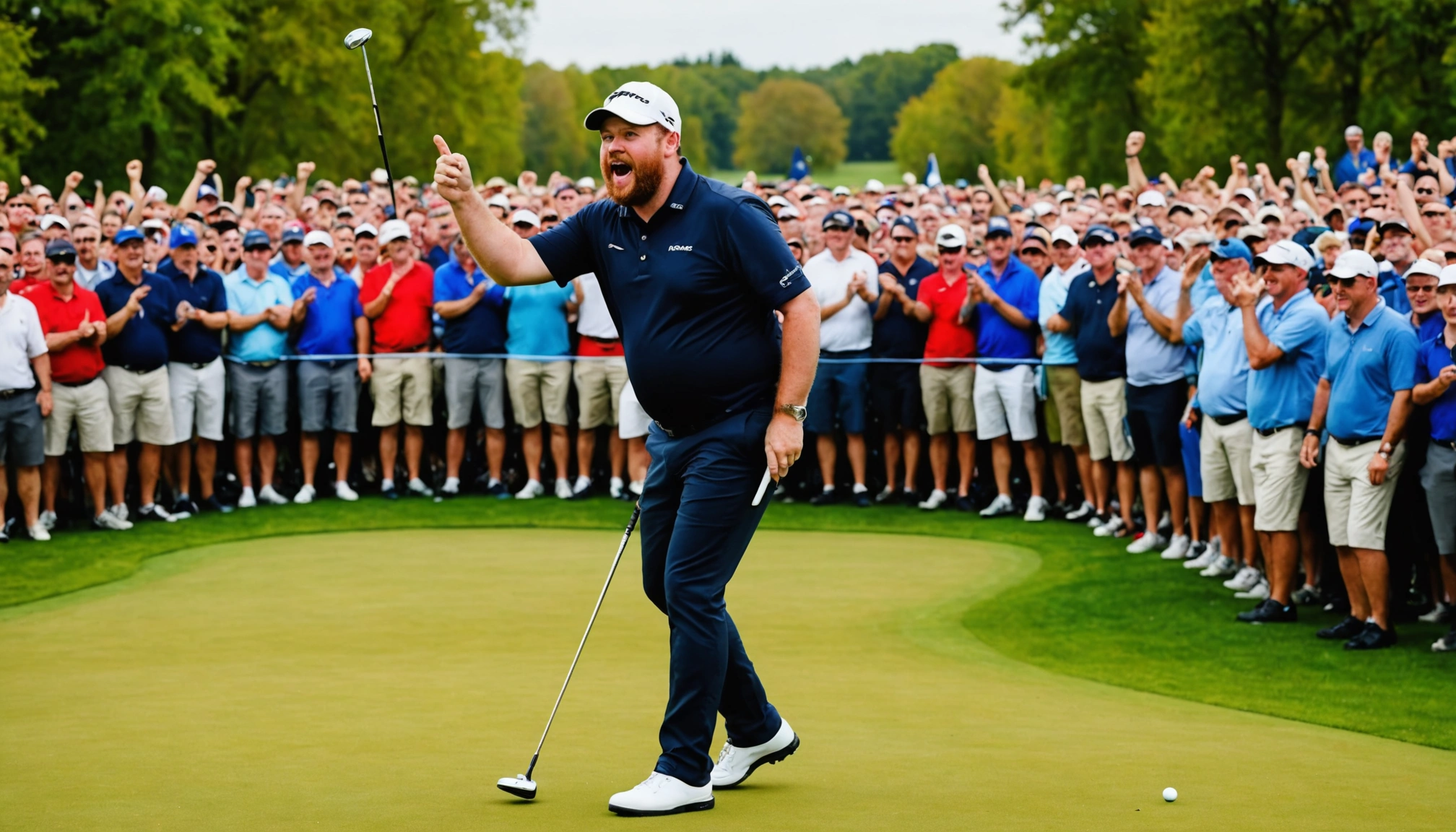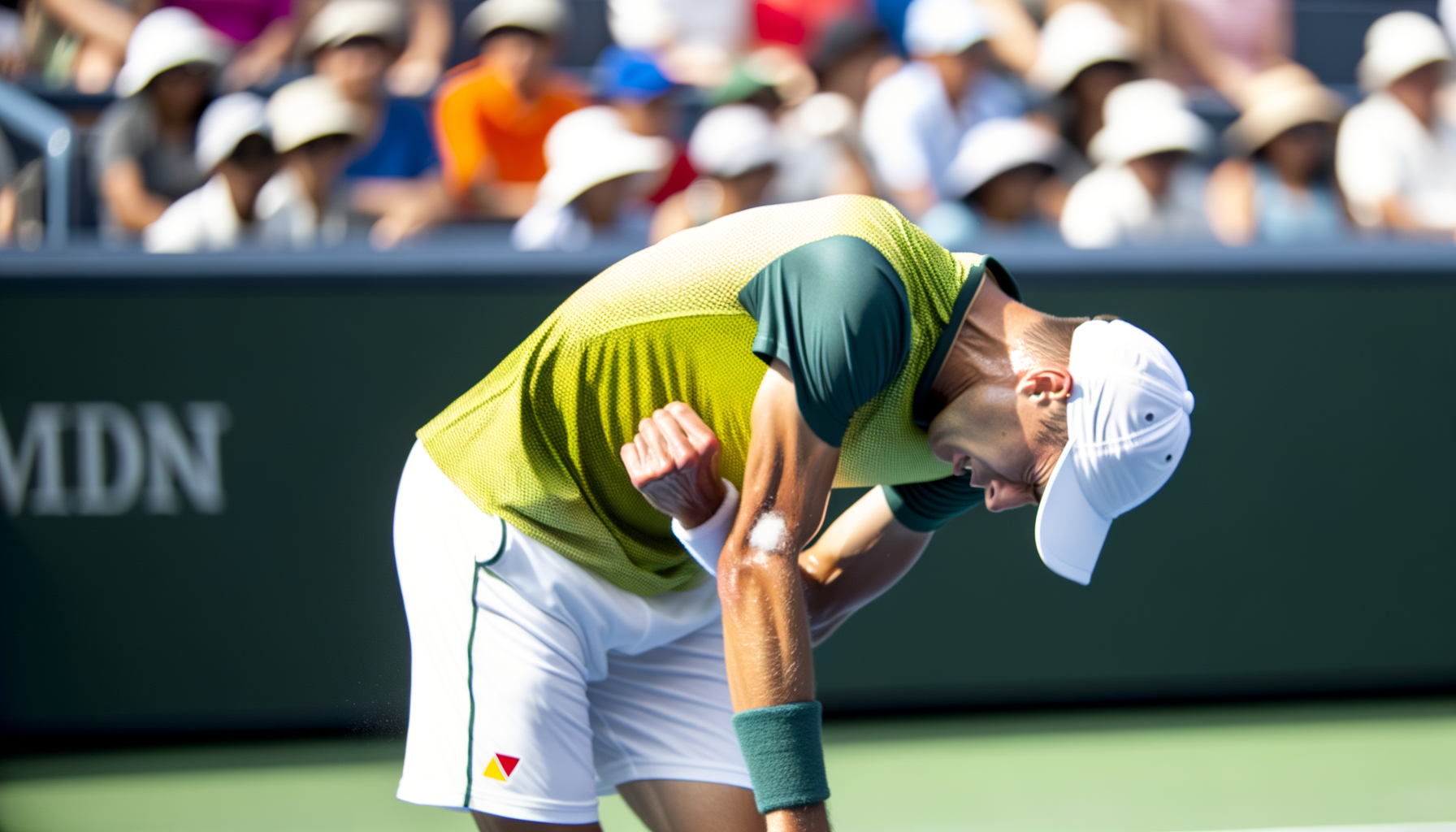Manchester City’s Historic 6-1 Victory Over Man United At Old Trafford
Discover the story behind Manchester City's landmark 6-1 win at Old Trafford, a defining moment in Premier League history with lasting impact on football rivalry.

By Editorial
Introduction to Manchester City’s landmark win at Old Trafford
On 23 October 2011, Manchester City achieved a remarkable 6-1 victory over Manchester United at Old Trafford, a result that sent shockwaves through English football. This match marked United’s heaviest home defeat since 1955 and was a powerful statement of City’s rising dominance in the Premier League. To truly understand the significance, we must examine the match details, key players, and the broader implications for the Manchester rivalry.
Historical context of the Manchester derby
The Manchester derby has always been a fiercely contested fixture between two of English football’s most storied clubs. Historically, Manchester United dominated this rivalry, boasting 19 league titles and a reputation as England’s most successful club. However, the 2011 clash was a turning point that highlighted Manchester City's emergence as a genuine powerhouse.
Before this match, City’s last emphatic victory at Old Trafford was in 1955, when they won 5-0. The 2011 scoreline of 6-1 not only eclipsed that result but also represented United’s first time conceding six goals at home since 1930 – a staggering statistic given Old Trafford’s legacy as a fortress.
Match overview and key moments
First half: A cautious start with City taking the lead
The first half was relatively tight, with City edging ahead 1-0 courtesy of Mario Balotelli’s composed finish after 22 minutes. Balotelli, who was in the headlines for off-field antics including a fireworks incident, showed his quality on the pitch. David Silva’s creative play set up the goal, exposing United’s defensive vulnerabilities.
Second half: City’s ruthless dominance
The game shifted dramatically after the break. Jonny Evans was sent off early in the second half for a reckless foul on Balotelli, reducing United to ten men. This dismissal gave City the platform to dominate fully.
Balotelli doubled the lead with a close-range finish after a brilliant cross from James Milner, followed by Sergio Aguero’s third goal, assisted by Micah Richards. Despite Darren Fletcher pulling a goal back for United with a fine strike, City’s attacking prowess proved too strong.
Substitute Edin Dzeko scored twice in the final stages, while Silva added a well-deserved goal, rounding off a historic and humiliating defeat for United.
What made City’s performance so dominant?
City’s victory was no fluke but the product of tactical brilliance and a squad brimming with talent. Roberto Mancini’s management exploited United’s weaknesses expertly. Even without key players like Samir Nasri and Edin Dzeko starting, City’s attacking options—Balotelli, Silva, Aguero—were relentless.
The pace and precision of City’s attacks overwhelmed United, especially after the red card, revealing a gap in squad depth and discipline. This match showcased City’s evolution into a team with superior firepower, a theme that has continued in subsequent seasons.
Impact on Manchester United and the Premier League
The defeat was a wake-up call for Sir Alex Ferguson’s Manchester United. It was their first home loss in any competition since April 2010 and highlighted the growing challenge City posed. While United remained a dominant force in English football, this match symbolised a power shift in Manchester’s football landscape.
Fans and pundits debated whether this result marked the beginning of City's ascendancy. For instance, following this, many analysts referenced the game when discussing the changing dynamics in the Premier League, as seen in Premier League and beyond key football transfers September 2025, reflecting how squads were evolving.
Lessons learnt and tactical takeaways
From a tactical perspective, this match demonstrated the importance of squad depth, discipline, and exploiting weaknesses swiftly. United’s inability to contain City’s creative midfield and forwards proved costly, especially with Evans’ dismissal.
It also emphasised the significance of effective substitution strategies, as Mancini’s introduction of Dzeko added fresh impetus. Teams facing similar high-pressure derbies can learn from City’s clinical finishing and tactical adaptability.
Conclusion: A defining moment in English football rivalry
The 6-1 victory at Old Trafford remains one of the most talked-about matches in Premier League history. It not only redefined the Manchester derby rivalry but also signalled the rise of Manchester City as a footballing superpower.
For fans keen on the latest football insights and competitive dynamics, exploring related stories like live football today on Sky Sports fixtures kick off times and streaming offers ongoing context about how English football continues to evolve.
Ultimately, this landmark match was a catalyst for change, inspiring teams and managers alike to rethink strategies in one of world football’s most competitive arenas.
Related topics
Editorial
Sports expert at SportsScoop
Specialist in sports analysis and journalism
Related articles
Want to read more?
Explore our comprehensive collection of sports articles and analysis, or contact us for more information.



